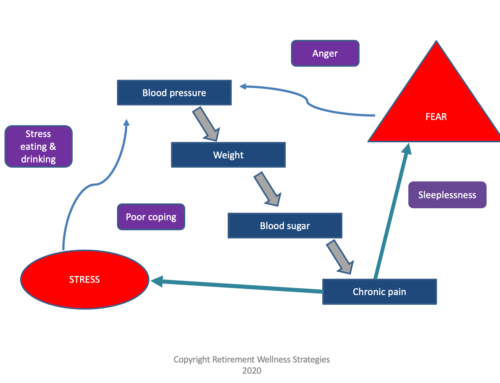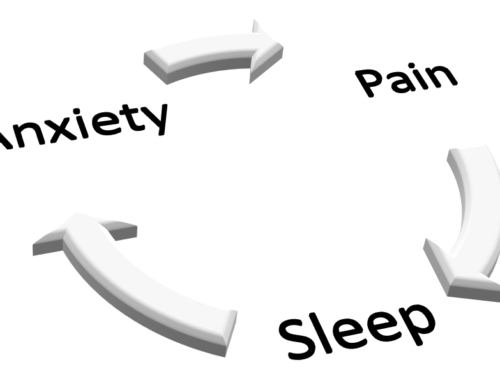
Medications can make memory worse, lead to falls, and make daily function difficult.
If your memory is slipping, do you have dementia? If you fall are you just clumsy? If you need help doing some of your daily tasks, are you just lazy? Or, are these things just a normal part of aging?
I suggest that MANY TIMES, these memory and falls changes are because of medication. Medications can cause these types of issues in a few different ways:
- The dose is too high for you.
- Your body has trouble getting rid of that medication.
- You are on several medications with these types of effects.
- Your medications are interacting with each other.
- Your medications are interacting with your diet or your other medical conditions.
Medications and Memory and Falls
There are several types of medicines that can fog your thinking. They relax you, make you sleepy, and/or slow your thinking processes. Sometimes you use them for this effect. But know, in making you feel that way, they make it harder to think as quickly and clearly as you normally think.
And by slowing your thinking and response time, they increase your risk of falling, too.
It would be a very long blog to list them all. So, here are some of the more common culprits to impair memory and falls.
- Anxiety/nerve medications
- Benzodiazepines (e.g. alprazolam, lorazepam, diazepam)
- Buspirone (Buspar)
- Depression medications
- Tricyclic antidepressants (e.g. amitriptyline, nortriptyline)
- Selective serotonin reuptake inhibitors (SSRI’s) (e.g. escitalopram, sertraline, fluoxeting)
- Wellbutrin
- Buspirone
- Sleep medications
- Zolpidem (Ambien)
- Ramelteon (Rozerem)
- Eszopiclone (Lunesta)
- Diphenhydramine (Benadryl, Tylenol PM, Aleve PM)
- Pain medications
- Oxycodone
- Hydrocodone
- Morphine
- Hydromorphone
- Tramadol
- Anticholinergic medications
- Incontinence
- Oxybutynin
- Darifenacin (Enablex)
- Solfenacin (Vesicare)
- Trospium (Sanctura)
- Tolterodine (Detrol)
- Parkinson’s Disease (e.g. benztropine, trihexyphenydil)
- Allergy medications – sedating
- Diphenhydramine (brand Benadryl)
- Chlorpheniramine
- Hydroxyzine
- Antispasmodic agents (e.g. chlordiazepoxide, belladonna)
- Diarrhea treatments
- Muscle relaxants (e.g. cyclobenzaprine, orphenadrine)
- Dizziness, sea sickness medication (e.g. meclizine, scopolamine)
- Nausea/vomiting medication (e.g. prochlorperazine, promethazine)
- Antipsychotic (e.g. thioridazine, chlorpromazine, clozapine, olanzapine)
- Incontinence
- Seizure medication
- Carbamazepine
- Valproic acid
- Several others
- Nerve pain medication
- Gabapentin (Neurontin)
- Pregabalin (Lyrica)
Medications and Function
I have worked with many people who were planning to move to assisted living. They just couldn’t do some of the daily tasks they had done before. These tasks might be cleaning, keeping up with finances, remembering to take medicines, or ability to cook healthy meals.
In many cases, some medication adjustments made a big difference. Assisted living could be delayed.
How do you decrease your risk?
Please NEVER change any medications without first checking with your doctor.
If you take medication that you think could be impacting your clear thinking or make you feel unsteady, talk with your doctor.
If the types of medications mentioned in the blog are going to be changed, make the changes one at a time gradually. Fast changes can be dangerous. Making too many changes at once can make it hard to determine which change works and which doesn’t. So, making these changes should be a slow, careful process.
If you want help –
- talking with your doctors,
- coordinating between your doctors, or
- want to better understand this information
please call us at 410-472-5078 or e-mail at michelle@medsmash.com.
Our website is www.medsmash.com.
For further application, check out my personal blog.





